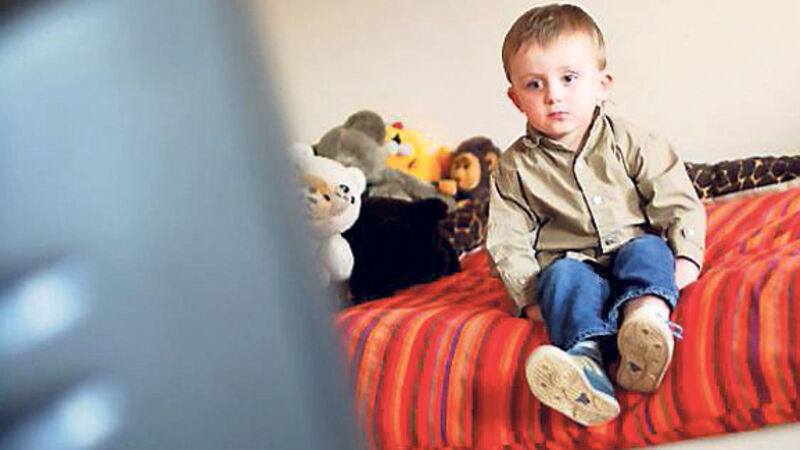Lies do no favours for children

We’ve all been told these fibs by our parents and we’ve probably told them ourselves.
In a recent British survey of more than 1,300 adults, 93% of respondents admitted telling lies to their children. Among top parental lies were: If you keep pulling that face, it’ll stay that way; the toy shop is closed today; watching too much TV will give you square eyes; Mummy and Daddy are allergic to puppies/kittens.











